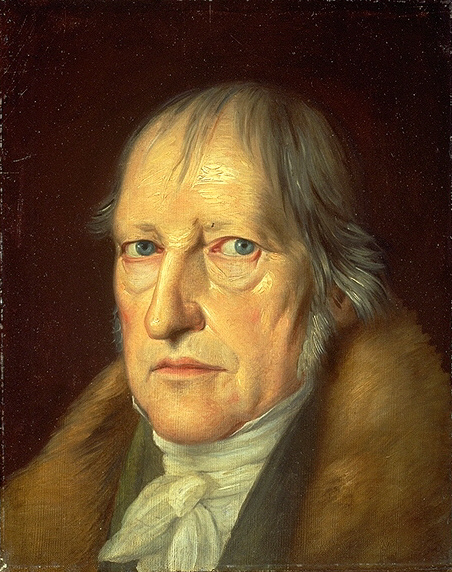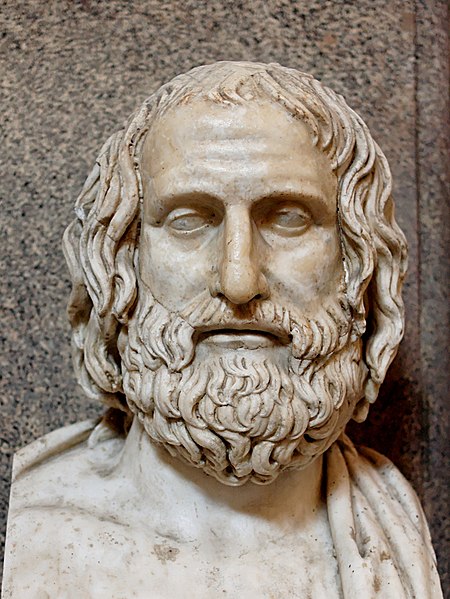Chapter 11 – Pre-Renaissance Worldviews
Every society must work out and articulate a view
of the physical universe, a way of seeing the world, a way that then becomes
the base on which the society’s value system is to be built. This is no minor
matter; while philosophers may dally over the questions in a theoretical way, real
folk have to deal with life. They have to have some code in place that helps
them decide how to live. World view, values, and behaviors must form a coherent
system under which each individual is empowered to make decisions and take
action so the entire society can efficiently operate, cooperate, and survive in
its always changing, always demanding environment.
All societies know this in some deep way. Societies
up until our time have integrated their worldviews, values, and morés to the
extent that they have because people everywhere know implicitly that their worldview
is their guide when they are trying to decide whether an act that feels morally
right is practicable – whether what is called morally right can work in reality. No one wants to strive for what
he/she believes does not exist.
Therefore, before we begin constructing this new
system, we need to get our thinking into the necessary mindset by considering
the most salient peaks in the histories of some societies of the past, in order
to see how systems of world views, values, and behaviors coordinate and evolve.
We shall get into thinking carefully about human societies and their ways of
life by studying the past.

G.W.F. Hegel (artist: Jakob Schlesinger, via
Wikimedia Commons)
In this chapter, Philosophy students will notice
parallels between aspects of my ideas and the philosophy of Hegel, and I admit
freely that similarities exist. But I also have some major points of
disagreement with Hegel, which I will explain along the way. For those readers
who are not Philosophy students, please note that I will give only a very quick
version of my understanding of Hegel. If you find the ideas presented here
interesting, you really should give Hegel a try. His writing is difficult, but
not impossible, and it has also been interpreted by some disciples who write
more accessibly.1 Now back to our analysis of the world views,
values, morés, and behavior patterns that are discernible in the history of
some of the societies of the West.

“Saturn devouring one of his children” (Goya)
(credit: Wikimedia Commons)
For instance, let’s consider the ancient
Greeks, the ones who came long before Socrates’ time. They portrayed the
universe as an irrational, dangerous place. To them, the gods who ran the
universe were capricious, violent, and cruel, a phrase which also described the
Greeks’ worldview. Under this view, humans could only cringe fearfully when
confronted with the gods’ testy humors. Zeus, Hera, Poseidon, Ares, Hades,
Athena, Apollo, and the rest were all lustful, jealous, cruel, and unpredictable.
Zeus especially wielded thunderbolts; Poseidon could inflict earthquakes;
Apollo, plagues.
But as Greek
culture advanced, the Greek worldview evolved. By the Periclean Age, Greek
plays were portraying humans challenging the gods. After all, they had been
given the secret of fire by their patron, Prometheus. As the Greeks' worldview
with its attached system of values evolved, it guided them toward a smarter,
braver lifestyle. They began trying to explain reality in ways that made room
for people to understand and manipulate the events in their world, not cringe
away from them. Once their worldview included those possibilities, they began
to create practical action plans that enabled humans to cause, hasten, or
forestall more and more events in the world. They tried out the daring action
plans, and when some worked, more daring plans followed. (Edith Hamilton
articulates these ideas well.2)
It is important
to see that human individuals and groups will normally not attempt any action
they think of as taboo. Ancient tribes who happened upon an action that seemed
contrary to, or outside of, what was appropriate for humans in their worldview
only grew upset and fearful. Whether the action got results or not, the only
thing most of those people wanted to learn was how to avoid putting themselves
in the same situation again. They sought to avoid it for fear of bringing the
gods’ wrath down on them. Once in a while, a genius might question his
society’s worldview and even describe an alternative one, but he often paid
dearly for such audacity—by being ostracized or put to death.

Euripides, Greek
tragic playwright (credit: Marie-Lan Nguyen, via Wikimedia Commons)
However, changes
in a society’s worldview and then in the society’s values and morés can also
evolve more gradually, helped by many lesser geniuses. By the Golden Age of
Athens, philosophers, writers, and artists were offering works that only a few
centuries earlier would literally have been unthinkable. Their worldview had
evolved to allow for at least some degree of human free will. The works of
Plato, Aristotle, Euclid, Euripedes, and Pythagoras could only have been
produced under a worldview in which a person could conceive of actions
challenging the orthodox beliefs of the tribe and even the forces of the
universe. Even though the challenge might only rarely succeed, once it did it drew adherents because it worked. It made life better.
No comments:
Post a Comment
What are your thoughts now? Comment and I will reply. I promise.